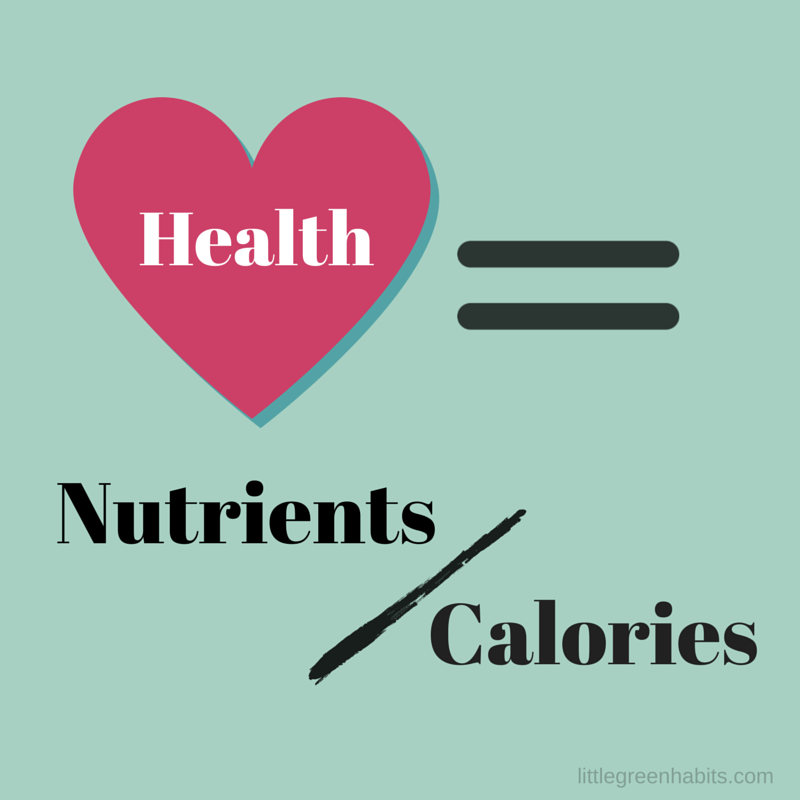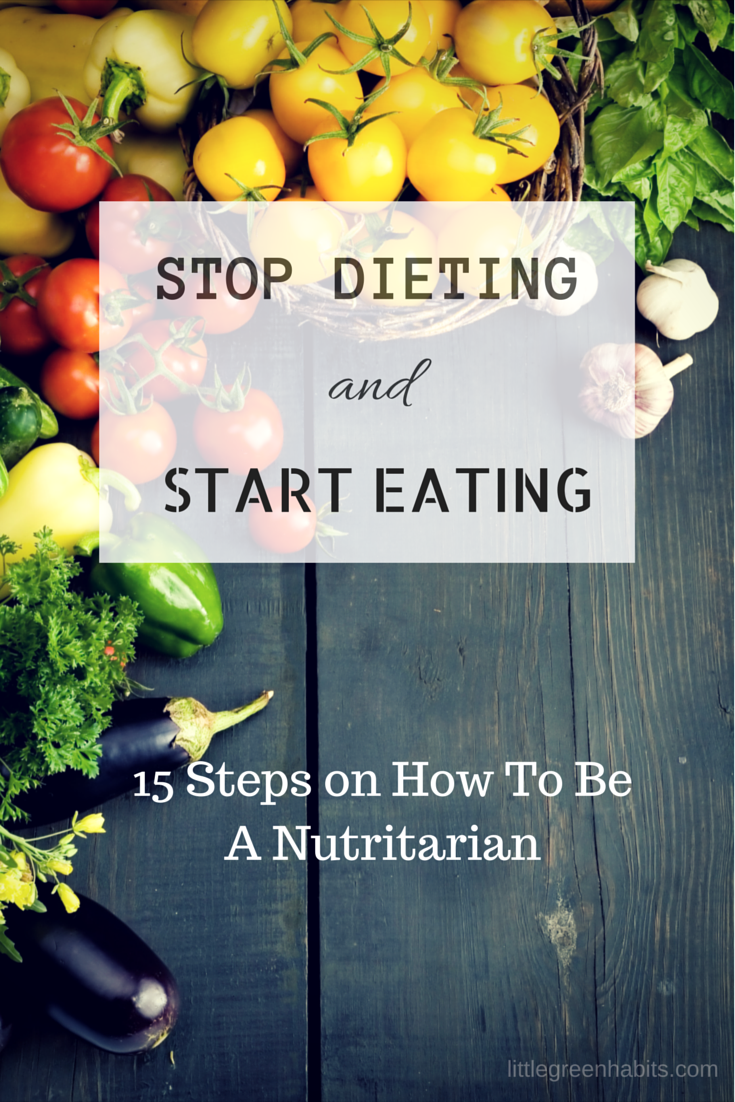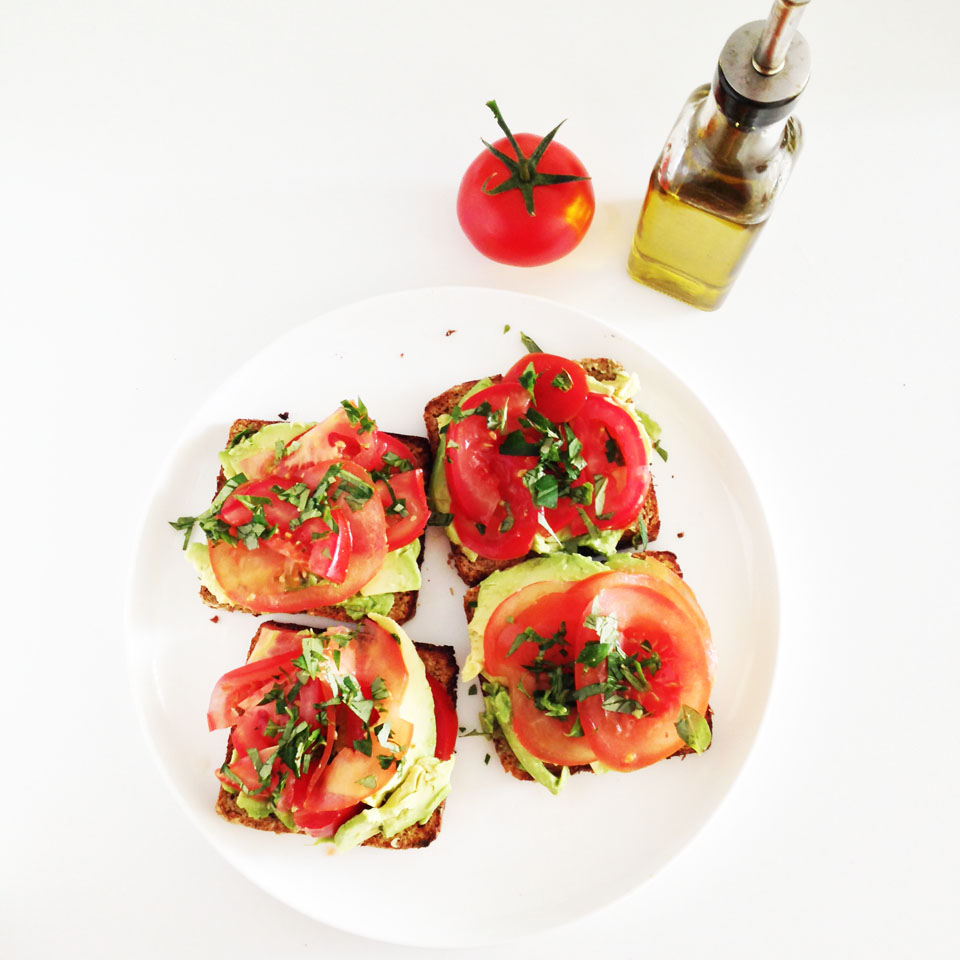Stop Dieting and Start Eating – 15 Steps on How To Be A Nutritarian
I first learned the concept of ‘Nutritarian-ism’ through reading Dr. Fuhrman’s best-selling book Eat to Live. I then read some of his other books, including Eat for Health and The End of Dieting. I was intrigued by Dr Fuhrman’s simple formula of Health = Nutrients / Calories, and his focus on a range of specific ‘super’ whole-plant-foods to maximize nutrition, while minimizing calories.

Frankly, I found some strict vegan regimes that disallowed even whole plant sources of fats such as avocado and nuts a little hard to follow (not to mention swallow!). I have a lifelong love affair with peanut butter, for example (I only eat ‘natural’ – no additives now), and thought of giving that up was one step too far for me! But Nutritarian eating, with the allowance of a small quantity of healthy whole plant fats (no oil!) and proteins, along with a preponderance of salad and greens, was something I could definitely live with.
Also, the more I read and research the incredibly powerful anti-heart disease, anti-cancer and anti-aging benefits of plant-based micro-nutrients that Dr Fuhrman (and other medical gurus like him) tirelessly promote, the more I was inspired to dedicate my life to this way of eating. I strongly suspect that, like me, the more you find out about the profoundly life-giving life-affirming effects of a whole plant-based diet as championed by Dr Fuhrman, you will be inspired too.

What is a Nutritarian?
The term ‘Nutritarian’ was coined by Joel Fuhrman, M.D., a family physician, best-selling author and research director of the Nutritional Research Foundation.
Nutritarian eating is designed to provide the healthiest foods for humans that are naturally high in vitamins, minerals, fibre and antioxidants, and low in calories, fat, salt and sugar. These are the type of foods that Dr. Fuhrman has shown to help many people lose weight and, in many cases, improve and even reverse diet-related diseases such as type 2 diabetes, heart disease, chronic fatigue, autoimmune disease and migraines.
Why Nutritarian?
Because being a ‘Nutritarian’ doesn’t require deprivation, starvation, counting calories, cutting out meals or eliminating whole groups of macronutrients like fats or carbohydrates. A Nutritarian fills up their plate with a kaleidoscope of vegetables, fruits, beans, legumes, nuts, seeds, and whole grains.
Nutritarian eating differs from a typical vegetarian or vegan diet, as the focus is not primarily on excluding certain foods such as sugar, refined grains and animal products, but maximizing consumption of foods that are richest in life-sustaining, disease-preventing micronutrients, and lowest in calories.
15 Steps on How To Be A Nutritarian
Do this everyday and you will be on your way to a lean and healthy lifestyle.
- Eat a large, raw salad, and include lots of leafy greens, such as spinach leaves. Add plenty of other raw vegetables such as tomatoes, shredded cabbage, beets, onion, grated carrot, snow peas and broccoli.
- Consume a double-portion of steamed green vegetables, such as asparagus, artichokes, kale, collards, broccoli, zucchini, Brussels sprouts, string beans, bok choy, and others. These greens could also be added to a soup.
- Eat one-half to one cup of beans and lentils daily in a vegetable soup, salad, main dish or dip.
- Eat at least three fresh fruits, including some berries, cherries, or other high-nutrient fruit.
- Eat mushrooms and onions every day (both mushrooms –which are best cooked- and onions have powerful anticancer benefits).
- Have some fresh vegetable/fruit smoothie (pulp and fibre intact).
- Limit starchy vegetables or whole grains (including corn, white potatoes, white rice, bread, cereal
- Limit high fat foods such as raw nuts and seeds (up to 2 tablespoons), avocado (up to 4 tablespoons). Use these as dressings or mixed into dishes (for example., a tablespoon of ground flax seeds on porridge for omega 3 fats, or diced avocado in salads).
- Limit dried fruit (up to 2 tablespoons).
- Avoid or minimize consumption of low nutrient, high-calorie foods such as animal products, including eggs, meat (especially processed meats) and dairy
- Avoid or minimize consumption of salt – especially convenience or processed foods with lots of added salt.
- Avoid or minimize consumption white flour products, such as white bread, white pasta and products made with refined white sugar (go for whole grain varieties, with little or no added sugar instead).
- Avoid or minimize consumption of animal fats including lard and butter, and vegetable oils including olive oil and margarine.
- Avoid or minimize consumption commercial fruit juice and soft drinks (including sugar-free varieties)
- Avoid or minimize consumption between-meal snacks (except fruit or salad vegetables)
Once you follow these steps. You’ll learn to let go of your reliance on animal products, refined white flour products, refined sugar, added salt, animal fats and vegetable oils, and embrace a clean, healthy, whole-food plant-based diet.

Simple Nutritarian meals could include (low salt) baked beans on whole-wheat toast with avocado (instead of margarine or butter); oatmeal porridge with added fruit (such as blueberries) and low-fat plant milk; wholemeal flatbread wrapped around a dense green chickpea salad; steamed greens with tempeh and peanut sauce, or vegetable curry with lentils and brown rice.
The great thing about becoming a Nutritarian is that you won’t have to worry about skipping meals, reducing your volume of food, relying on ‘meal replacements’, or religiously counting calories either. Healthy whole plant foods are naturally low in calories, and high in fibre – a zero-calorie carbohydrate that fills you up and protects you from cancer.
You don’t have to do it ‘all or nothing’ either. If you’re feeling daunted by making a big change to your diet, keep it simple. Start making a change to your breakfasts, for example, and eventually lunches, then dinners as well, by adding more and more fresh vegetables and fruits, beans, raw seeds, nuts and whole grains. Any change in the right direction will help your waistline and promote improved health. And the more whole, healthy food you introduce to your daily dietary habits, the less you will crave and have reliance on unhealthy, addictive and refined foods that are typically high in fat, salt and sugar.

Start your healthy habits today, and you’ll notice the difference. Every little ‘green’ habit makes a difference! Eat a big green salad every day. Eat fresh fruit or salad vegetables instead of sweet biscuits or chips for snacks. Drink water and green tea instead of coffee or soft drinks. Have whole grains and beans instead of white refined flour products. Swap refined fats and oils for natural whole-food fat sources such as avocado, olives, seeds, and raw nuts. Enjoy healthy sources of plant protein such as tofu, beans, seeds, nuts, grains (such as quinoa), and legumes instead of meat, eggs or dairy.
To become a dedicated Nutritarian you need to eat at least 90% of your diet as whole plant-foods with the highest nutrient-to-calorie ratio. You can read more about this on Dr Fuhrman’s website, specifically his Weight Loss Starter Kit which I have purchased, implemented and can personally recommend it. Eating the Nutritarian way has helped me lose weight and bring my cholesterol, blood pressure and triglyceride levels way, way down. What would it do for you?
Tom Perry




Leave a Reply
Want to join the discussion?Feel free to contribute!